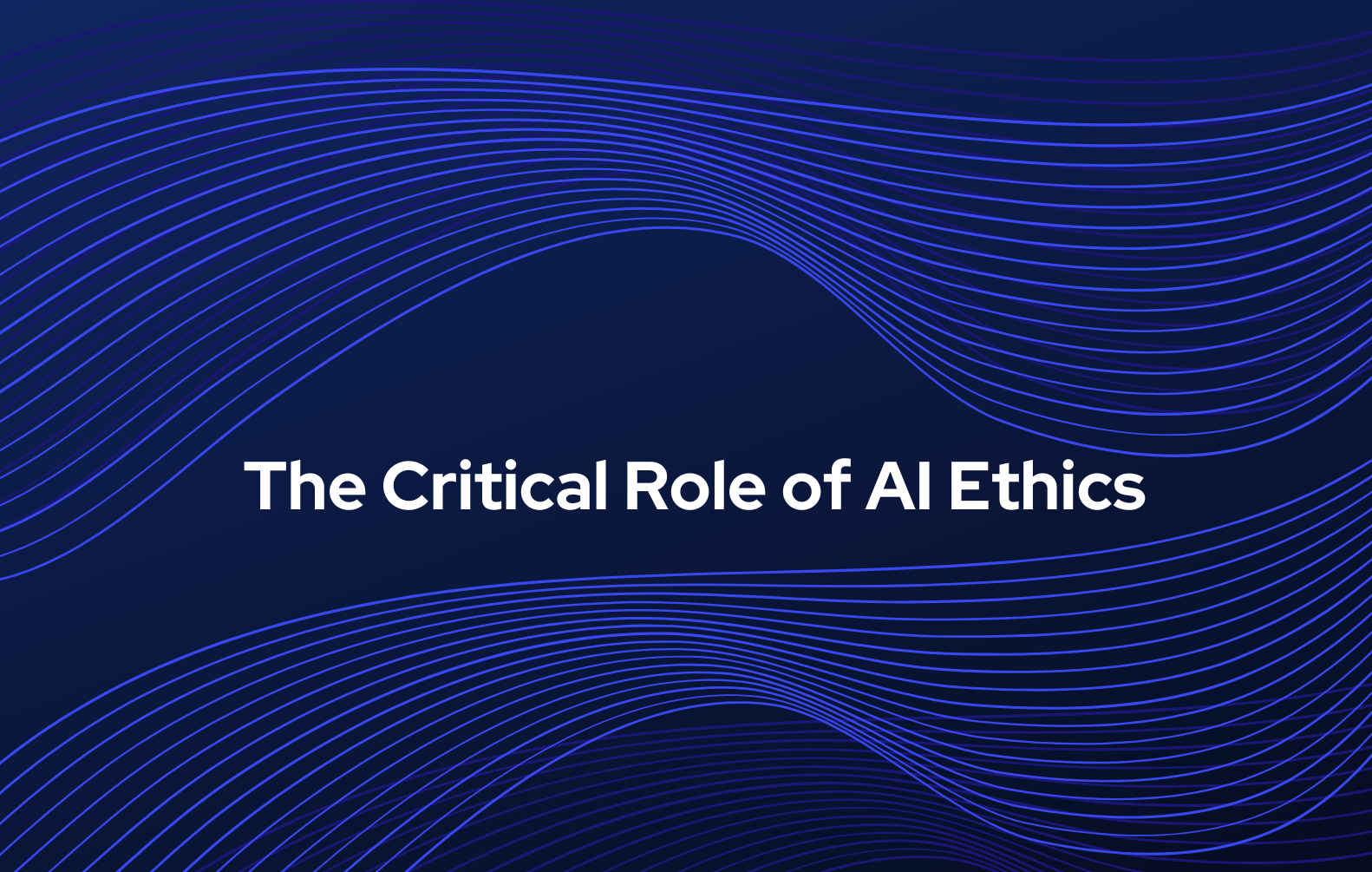
Today, we're looking at Algorithms: The “Recipes” for AI
Have you ever wondered how Artificial Intelligence (AI) works? Imagine AI as a super-smart chef in a kitchen, and the secret to its cooking skills is something called an algorithm. But what exactly is an algorithm? Let’s break it down in a way that’s as simple as making your favorite Nigeria party jollof rice!
What is an Algorithm?
An algorithm is like a step-by-step recipe. Just like you need a recipe to make the perfect jollof rice, a computer needs an algorithm to solve problems or make decisions. It’s a set of instructions that tells the computer, “If you see X, do Y.” Let’s use jollof rice as an example:
-
Step 1: Heat the pot.
-
Step 2: Add oil and onions.
-
Step 3: Fry the tomatoes and peppers.
-
Step 4: Add rice and water.
-
Step 5: Cook until the rice is soft and tasty.
If you follow these steps, you’ll get delicious jollof rice. Similarly, an algorithm gives the computer clear steps to follow to get a specific result.
How Do Algorithms Work in AI?
Now, let’s see how algorithms work in real-life situations, especially in Nigeria:
Example 1: Fighting Fraud in Banking
Imagine you’re a bank, and you want to protect your customers from fraud. You can use an algorithm like this:
-
If a customer’s bank account suddenly shows a large withdrawal (like ₦1,000,000 in one day),
-
Then flag it as suspicious and alert the customer.
This is like saying, “If you see someone trying to take all the jollof rice from the pot at once, stop them!” The algorithm helps the bank catch fraud before it happens.
Example 2: Helping Farmers with Smart Farming
In Nigeria, farming is a big deal. But what if farmers could use technology to grow better crops? Here’s how an algorithm can help:
-
If a soil sensor detects that the ground is too dry,
-
Then send an alert to the farmer’s phone saying, “It’s time to water your crops!”
This is like having a helper in the kitchen who reminds you, “Don’t forget to stir the jollof rice so it doesn’t burn!” The algorithm makes farming easier and more efficient.
Why Are Algorithms Important?
Algorithms are the backbone of AI. They help computers make smart decisions, just like a good recipe helps you cook a tasty meal. Without algorithms, AI wouldn’t know what to do. Here’s why they’re so important:
-
They Save Time: Algorithms help computers solve problems quickly.
-
They Reduce Mistakes: By following clear steps, algorithms make fewer errors.
-
They Make Life Easier: From banking to farming, algorithms help us in many ways.
Fun Fact: Algorithms Are Everywhere!
Did you know that algorithms are already part of your daily life? For example:
-
When you watch a video on YouTube, an algorithm suggests other videos you might like.
-
When you use Google Maps, an algorithm finds the fastest route to your destination.
-
Even when you scroll through social media, algorithms decide what posts to show you.
Let’s Think Like a Computer!
Here’s a fun activity to understand algorithms better. Imagine you’re a computer, and your friend gives you this algorithm:
-
If you see a red traffic light,
-
Then stop the car.
-
If you see a green traffic light,
-
Then drive forward.
What would you do at a red light? You’d stop, right? That’s how algorithms work—they give clear instructions for every situation.
Conclusion: Algorithms Are the Secret Sauce!
Just like the perfect jollof rice needs the right recipe, AI needs algorithms to work. Whether it’s fighting fraud, helping farmers, or making your favorite app smarter, algorithms are the secret sauce behind the magic of AI.
So, the next time you hear about AI, remember: it’s all about following the right “recipe” to solve problems and make life better. And who knows? Maybe one day, you’ll create your own algorithm to change the world—starting right here in Nigeria!
What do you think about algorithms? Can you think of other ways they could be used in Nigeria? Share your thoughts in the comments below!



